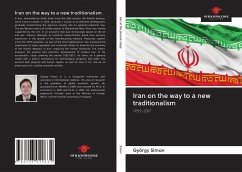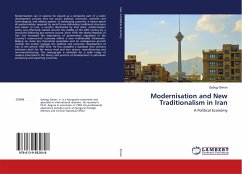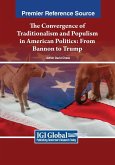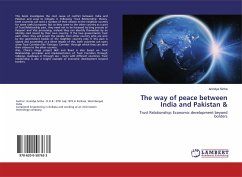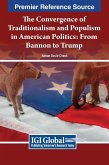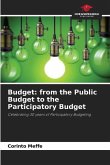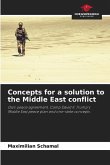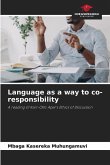In Iran, dominated by Shiite Islam since the 16th century, the Pahlavi dynasty, which came to power in 1925, pursued a course of accelerated development, gradually transforming the agrarian country into an agrarian-industrial one. The pro-Western policy of modernization of Mohammed Reza Shah was mainly supported by the U.S. in an economy that was increasingly based on the oil and gas industry. Attempts at economic diversification found their primary expression in the growth of the manufacturing industry. Theocratic regime since the 1979 revolution, as part of the new traditionalism, has increased the importance of state regulation and continued efforts to diversify the economy of the Islamic Republic of Iran, replacing the Iranian monarchy. The author analyses the political and economic development of modern Iran. In his econometric study covering the period 1955-2017, he relies on a general model with a built-in mechanism for technological progress that takes into account both physical and human capital, as well as time in his role as an event space for creative economic activity.
Hinweis: Dieser Artikel kann nur an eine deutsche Lieferadresse ausgeliefert werden.
Hinweis: Dieser Artikel kann nur an eine deutsche Lieferadresse ausgeliefert werden.

